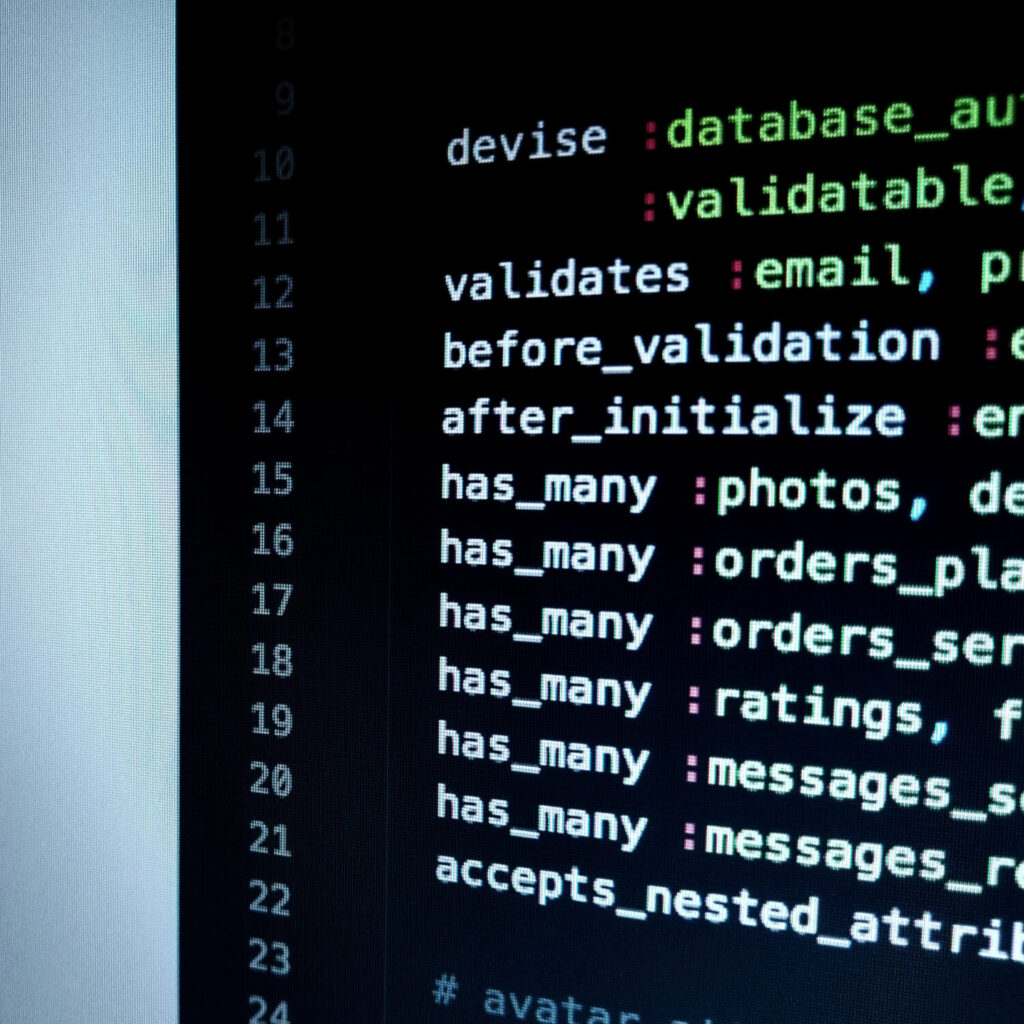
As social media companies become more restrictive, and copycat competitors spring up to take business, now is a good time to consider channel security as part of your strategy. Let’s go beyond the simplistic explanation why a website is necessary, and instead explore how it can help. After all, a website is a tool that can be made to work better for your business.
It’s time to return to basics. Let’s start with who you are and how you want others to know about what you do. Then, let’s investigate how you’re currently getting the word out and making sales. Are you using a centralized approach or decentralized approach? Are you using third party services, and is there risk to your business that can come from them? Finally, let’s dig deeper into how your website should work to mitigate those risks. We also discuss in a separate article how your website can also enhance the effectiveness of your other marketing channels.
What We'll Cover
What are marketing channels?
Marketing channels are various mediums used to communicate and promote a your products or services to your target audience. They are the pathways that you use to reach potential customers and can include both traditional and digital forms.
Are they learning about your company? They are using a marketing channel.
Are they seeing or reading an ad? That’s a marketing channel.
Are they visiting your website or social media? That’s a marketing channel.
Do they get your newsletter? That’s a marketing channel.
Did they add your product to their cart on an e-commerce site? That’s a marketing channel.
In short, any touch-point where a customer discovers (or rediscovers) your business or organization, that is be a marketing channel. Marketing channels are not necessarily linear. A visitor can find your ad to your social media, where they learn about you and buy your product on an e-commerce site. Mapping this process is called the marketing funnel. There are typically more ways to find you, and fewer ways to make the conversion such as a purchase.
What do we mean by security?
Frankly, and unfortunately, marketing channels can be fickle. The listing site or print directory you use could go out of business. Your social media account can be hacked or even deactivated with a lengthy appeal and recovery process. Your e-commerce tools can increase their fees. You might miss a networking event. These represent “breaches” in your marketing channel security. If you use predominantly one method to attract new business, you are at the mercy of that marketing channel’s effectiveness, of its existence.
How a website helps
A website can help alleviate potential issues in marketing channel security. There are a few ways it does this:
- It provides a direct and controlled platform to communicate with your audience.
- It is also persistent – it’s always there, appearing in search results and gathering back-links. Additionally, it serves as a hub for all marketing activities.
- It can also help you maintain a robust presence online, even if other marketing channels become compromised.
- It can assert your brand and increase visibility. This makes it easier for customers to find and engage with your business.
The key items here are branding and visibility. By providing a consistent, tailored and far-reaching brand message to your audience, you are stepping out ahead of potential pitfalls using other marketing channels. In this way, your presence elsewhere can amplify your marketing efforts, but issues arising from those channels wont sink your company since you have a website as your home-base.
Centralized strategy – channels point to your website for the sale
Your website can help drive sales directly. It provides a dedicated platform for customers to purchase products or services. Compare this to social media platforms which generally do not have the same level of e-commerce integration. A website can also provide more detailed information about products or services, which can help customers make informed purchasing decisions. Lastly, a website can offer features such as personalized recommendations and targeted promotions based on customer behavior, which can help drive sales and increase customer loyalty. The centralized strategy is a true marketing funnel – all paths lead to your website for action.
Decentralized strategy – channels can also be the point of sale
Your website can help drive sales indirectly. It can provide information about your products or services, display customer testimonials and reviews, and offer educational resources to assist in purchasing decisions. The website can also provide a list of retailers or distributors where customers can find the product, increasing visibility and accessibility. Additionally, the website can be optimized for search engines (SEO). This can improve the chances of potential customers finding your offering online and leading to increased sales through both direct and indirect channels.
Is one better than the other?
Using a third-party platform can provide access to a large customer base and established infrastructure. However, it can also come with limitations and drawbacks by limiting control over your offering and value proposition. Using a website as the point of sale can provide more control over the design and functionality of your store, as well as more direct insights into user behavior. However, creating and maintaining a website can require more resources, such as time and money, and order fulfillment.
Ultimately, the decision of whether to use a website or a third-party platform as the point of sale will depend on your specific needs and goals. It’s important to carefully consider the pros and cons of each option and choose the one that aligns best with the your overall strategy. However, in either case, you can leverage your website to ensure the integrity and security of your other marketing channels, wherever the point of sale happens.





